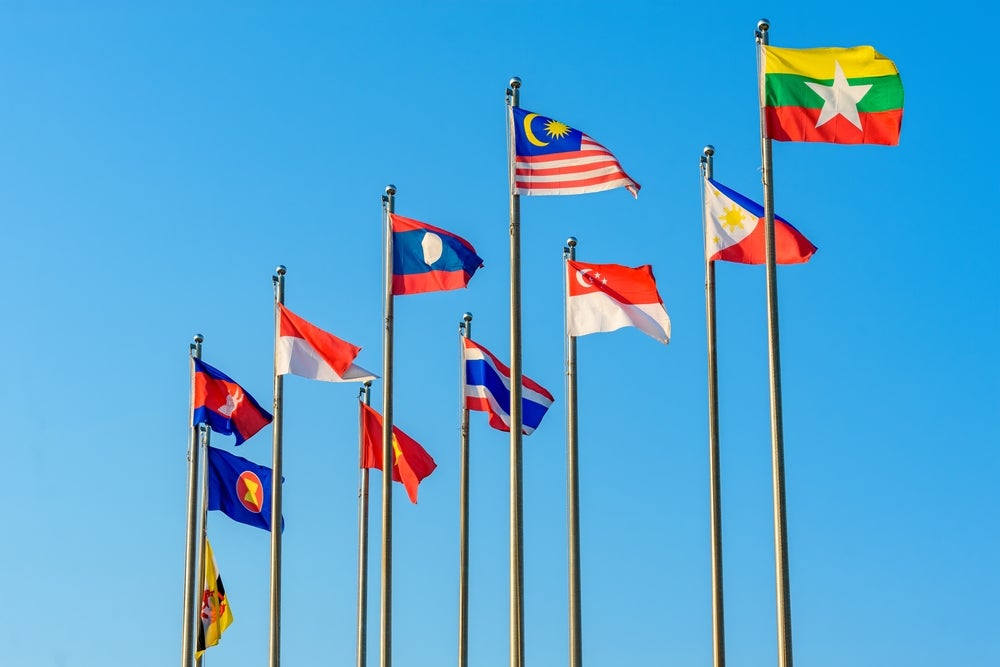
Indonesia’s energy minister Arifin Tasrif has said that the Association of Southeast Asian Nations (ASEAN) will need accessible low-carbon technologies and low-interest financing from multiple sources to achieve global net-zero targets, the Vietnam Investment Reviewreports.
Speaking at the ceremony that kicked off Indonesia’s 2023 ASEAN energy chairmanship in Jakarta, Arifin said that in order to meet renewables targets set out by the International Energy Agency (IRENA) least week, ASEAN will require $29.4tn of investment until 2050.

Discover B2B Marketing That Performs
Combine business intelligence and editorial excellence to reach engaged professionals across 36 leading media platforms.
According to IRENA, investment in renewables must grow by more than four times its starting value year-on-year until 2030, beginning this year, if the 1.5°C climate target is to be maintained.
Global investments in energy transition technologies reached a record high in 2022 of $1.3tn. However, this must increase to over $5tn this year and continue to rise by $5tn every year until 2030, IRENA said. By the turn of the decade, cumulative investments must amount to $44tn, with transition technologies representing 80% of this at $35tn.
According to IRENA, global deployment of renewable energy must grow from some 3TW today to over 10TW in 2030. This represents an average increase of 1TW annually, starting this year. As a whole, ASEAN currently has 17TW of renewable energy potential.
Some countries must take more of the burden for this, particularly wealthier nations with transition infrastructure already in place, according to Francesco La Camera, IRENA’s director-general.

US Tariffs are shifting - will you react or anticipate?
Don’t let policy changes catch you off guard. Stay proactive with real-time data and expert analysis.
By GlobalData“We must rewrite the way international cooperation works. Achieving the energy transition requires stronger international collaboration, including collective efforts to channel more funds to developing countries,” he said.
Arifin said that ASEAN will require financing from developed economies and global financial institutions such as the Just Energy Transition Partnership (JETP) and the Asia Zero Emission Community.
The bloc has set a goal to achieve a 23% share of renewables in its total primary energy supply and 35% in installed power capacity by 2025. Member countries are also expected to uphold individual national targets by the 2030 benchmark, aiming to reach net-zero by 2050.
Furthermore, Arifin said that the Indonesian government expects all ASEAN member states to declare their net-zero targets this August, at the 41st ministerial meeting on energy. He added that the countries’ joint commitment to emissions targets will form the building blocks for ASEAN’s net-zero roadmap.





